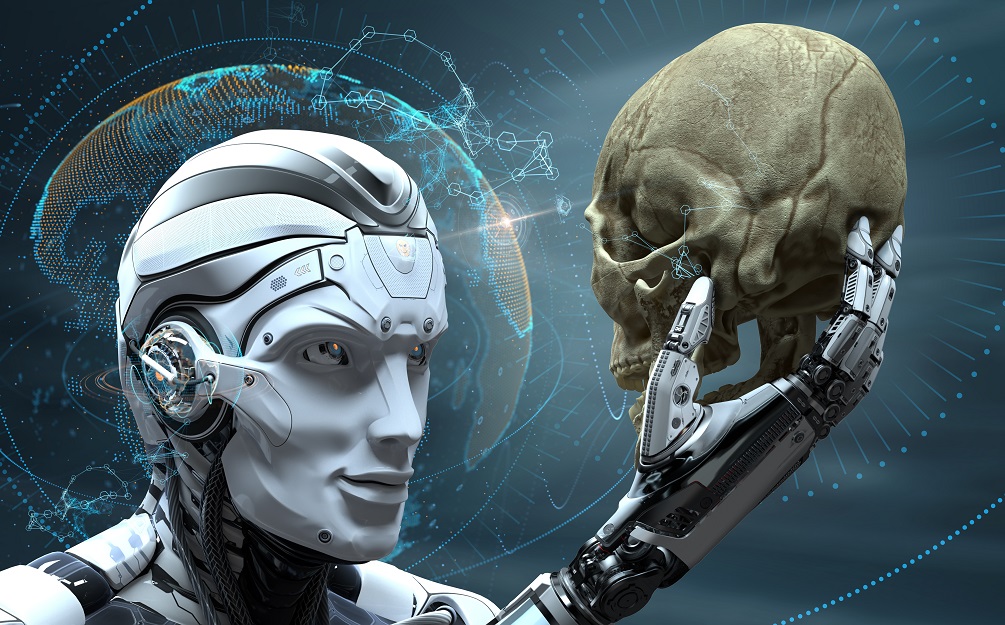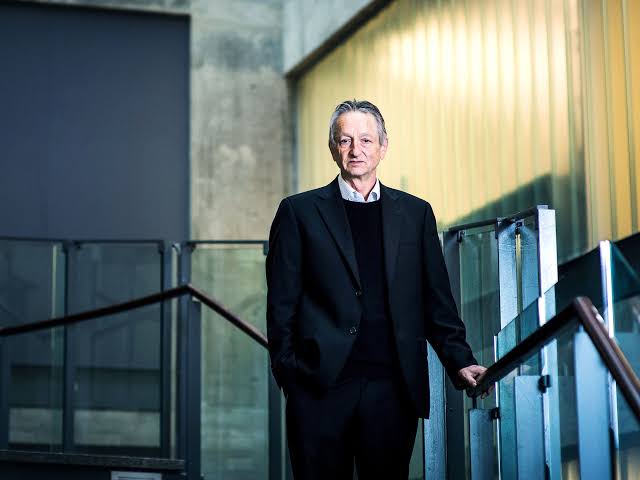One of the most well-known experts in artificial intelligence (AI), Geoffrey Hinton, recently left Google after working there for more than ten years. The man dubbed the “Godfather of AI,” Hinton, has voiced sorrow about his part in furthering the field, emphasising the dangers it poses to people and society.
Hinton cautioned against the risks of unrestricted AI growth in an interview with The New York Times, citing the spread of false information, changes to the employment economy, and other perilous scenarios. He also expressed worry about AI being used maliciously by undesirable people.
After leaving Google, Hinton has more freedom to talk openly about the dangers of AI. He has advocated for a responsible strategy for the development of AI, one that considers possible risks and tries to reduce them. Jeff Dean, head of science at Google, defended the firm’s AI initiatives and insisted that it is still dedicated to a responsible approach to AI. Hinton’s resignation from the firm, however, emphasises the need for a more responsible approach to AI development and the growing worry regarding the threats it poses.

Neural network research by Hinton has been crucial to the present AI boom. He shared the 2018 Turing Award for “Godfathers of AI” with two other individuals for his pioneering contributions to the discipline. Hinton now expresses regret for his life’s work, stressing the dangers it causes to people and society.
Hinton’s worry about AI :
Hinton’s worries are not without merit. Although AI technologies have the potential to completely transform many facets of our lives, they also carry grave dangers for humanity and society. It is crucial that we approach the research and application of AI responsibly as it continues to advance.
The necessity for a more responsible approach to the advancement of AI is highlighted by Hinton’s resignation from Google and his sorrow about his involvement in doing so. It is imperative that we consider the potential risks and try to reduce them as AI develops. Then and only then can we guarantee that AI is utilised for the good of society and humanity.

